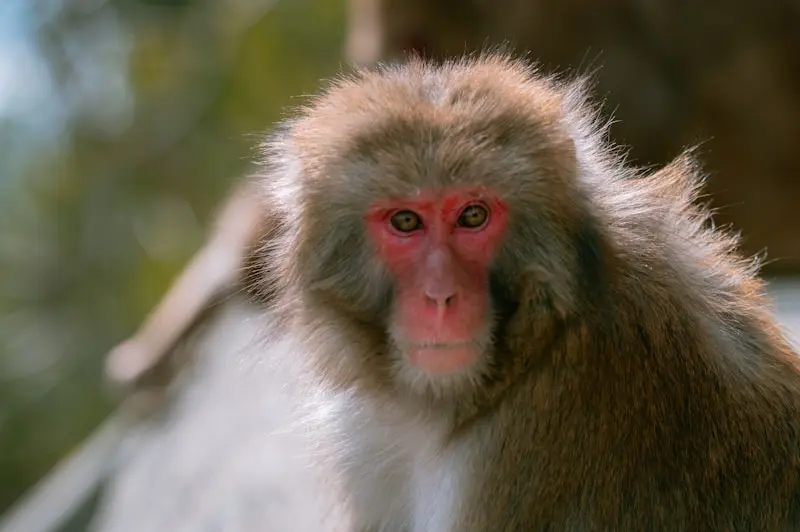A team of British and American scientists from the universities of Exeter, New York, Arizona, and Pennsylvania has analyzed eight years of data on over 200 rhesus macaques from Cayo Santiago, an island near Puerto Rico, also known as Monkey Island. Long-term monitoring, supported by the Caribbean Primate Research Center, revealed that mature monkeys significantly narrow their social circles as they age. They limit their interactions to long-time friends and relatives. As the researchers noted, this isn’t because their peers avoid experienced female macaques. In fact, it’s the females themselves who initiate the reduction of social ties.
During the study, the scientists ruled out objective factors such as the death of partners as a reason for the shrinking social circles. According to Professor Lauren Brent from the Exeter Animal Behavior Research Center, this gradual reduction in social networks is a pattern also seen in humans. This selectivity is an adaptive strategy: people often employ it to cope with the physical and physiological limitations they face in their later years. The researcher pointed out that the team found compelling evidence that social selectivity is not unique to humans and may have deeper evolutionary roots.
Why do mature females prefer selective contacts?
There are numerous possible reasons why macaques become more selective in their social interactions as they age, believes Erin Siracusa from Exeter University. For instance, as monkeys grow older, their priorities regarding social interactions may shift. Young macaques benefit from a wide range of social contacts, which helps them establish their place in the community and find potential mates. For older macaques, it is easier and safer to stay with family and old friends. This allows them to avoid unnecessary conflicts and illnesses, as reported by Science Daily. Erin Siracusa suggests that new relationships also require more cognitive effort. Thus, older macaques may reduce their social contacts to conserve mental energy.
Rhesus macaques (Macaca mulatta) are the most well-known species of macaques. These relatively large animals are characterized by their dull greenish-yellow fur. They live in large troops of 20 or more individuals and prefer forests and open mountain slopes. They are not afraid of water and are good swimmers. Some cultures consider rhesus macaques to be sacred animals.

